Turbocharger vacuum valves are vital components responsible for regulating boost pressure and ensuring efficient engine operation. Over time, these valves, along with related mechanical valves, can develop issues that negatively impact engine performance and reliability. For automotive buyers and maintenance professionals, understanding the common problems associated with the Automobile Turbocharger Vacuum Valve and the Automobile Turbocharger Mechanical Valve, as well as following proper maintenance practices, is essential to maintaining good vehicle function.
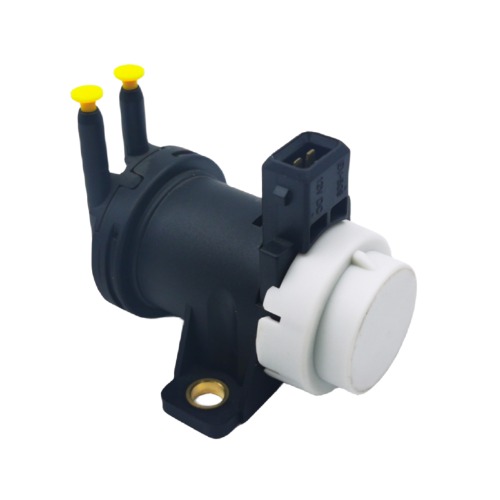
Common Problems with Turbocharger Vacuum Valves
- Vacuum Leaks:
Vacuum leaks rank among the frequent issues affecting turbocharger vacuum valves. These leaks may arise from cracked or brittle vacuum hoses, degraded seals, or damaged diaphragms. Such leaks interfere with the vacuum signal that actuates the wastegate, contributing to irregular boost control, reduced engine power, and hesitation during acceleration.
- Valve Sticking or Mechanical Failure:
With prolonged use, internal valve components can accumulate dirt, corrosion, or carbon deposits. This buildup can cause the valve to stick or fail to respond correctly. A sticky valve may remain partially open or closed, causing turbo lag, fluctuating boost pressure, or engine surging, which compromises drivability.
- Diaphragm Wear and Tear:
The diaphragm inside a vacuum valve acts as a flexible membrane that modulates pressure. Continuous exposure to heat and pressure cycles can cause the diaphragm to weaken, crack, or tear. A damaged diaphragm severely diminishes valve performance and usually necessitates replacement.
- Mechanical Valve Problems:
Mechanical valves, such as boost control valves or bypass valves, can experience similar failures, including sticking due to worn springs, broken internal parts, or degraded seals. These failures affect the valve’s ability to regulate airflow precisely, resulting in poor turbocharger performance and inconsistent boost pressure.
Maintenance Tips for Longevity and Reliability
- Regular Visual and Functional Inspections:
Routine checks of vacuum lines, connectors, and valve housings can help identify early signs of wear or damage. Look for cracks, brittle hoses, oil contamination, or loose fittings. Functional testing using diagnostic tools can assess whether the valves are operating within expected parameters.
- Cleaning and Preventive Servicing:
Cleaning valves and related components at recommended service intervals helps remove soot, dirt, and carbon buildup that impede valve operation. Always use manufacturer-approved cleaning agents to avoid damage to seals and diaphragms.
- Timely Replacement of Worn Components:
Replacing valves and associated parts at the initial sign of malfunction prevents further engine issues and costly repairs. High-quality replacement parts—such as those provided by our company—ensure restored boost control and reliable engine function.
- Vacuum Pressure Testing:
Regularly measuring vacuum pressure signals at the valve can detect leaks or diaphragm faults early. Abnormal pressure readings indicate a need for maintenance or replacement before engine performance is affected.
Why Quality Matters
Choosing robust and reliable automobile turbocharger vacuum valves and mechanical valves is key to reducing failures and ensuring consistent engine performance. Our valves undergo strict quality control and testing to meet rigorous durability standards. Combined with expert customer support, we help buyers maintain turbocharger systems that deliver steady boost control and protect engine components.
Understanding common issues with turbocharger vacuum valves and adopting proactive maintenance strategies are critical to sustaining engine efficiency and reliability. Regular inspections, cleaning, pressure testing, and timely replacement with quality components help avoid performance degradation and costly engine damage.
As a dedicated manufacturer and supplier, we are committed to providing durable turbocharger valves backed by technical expertise to support your vehicle’s long-term performance. Contact us for more information or assistance in selecting the right valves for your applications.

 English
English русский
русский Español
Español

 View More >>
View More >>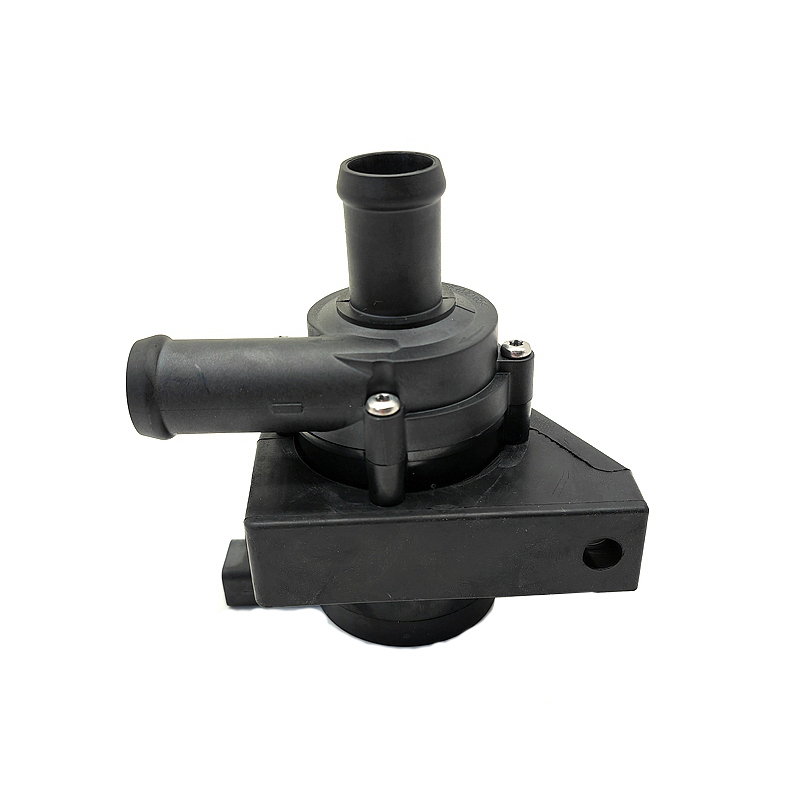 View More >>
View More >>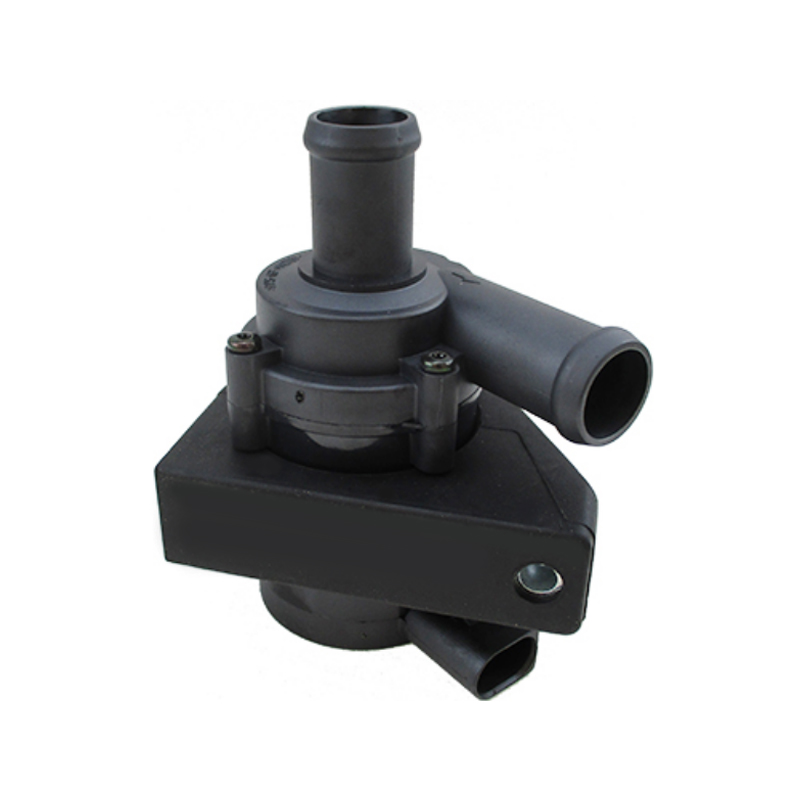 View More >>
View More >>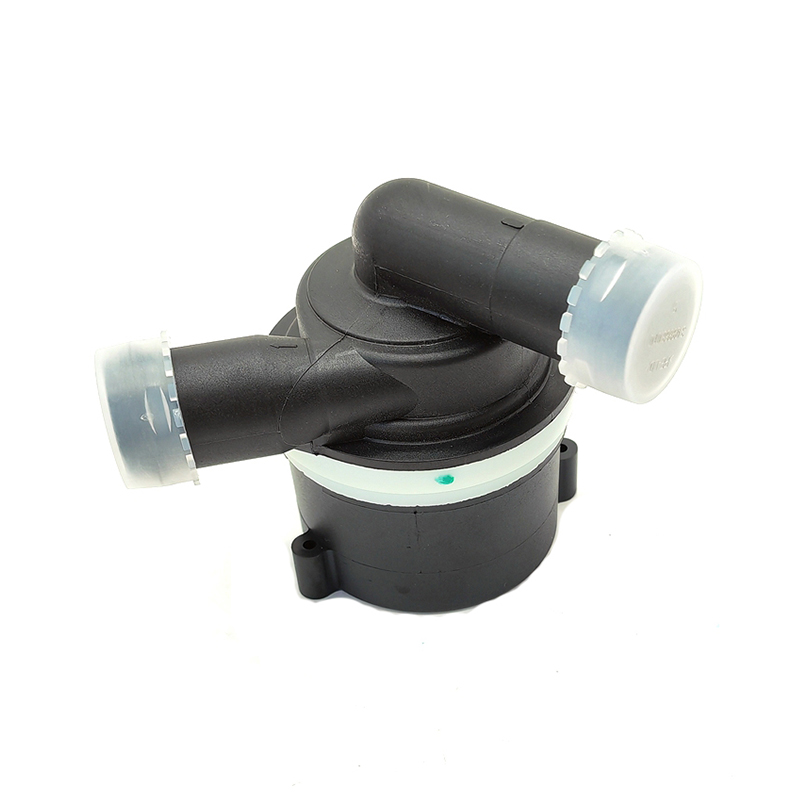 View More >>
View More >>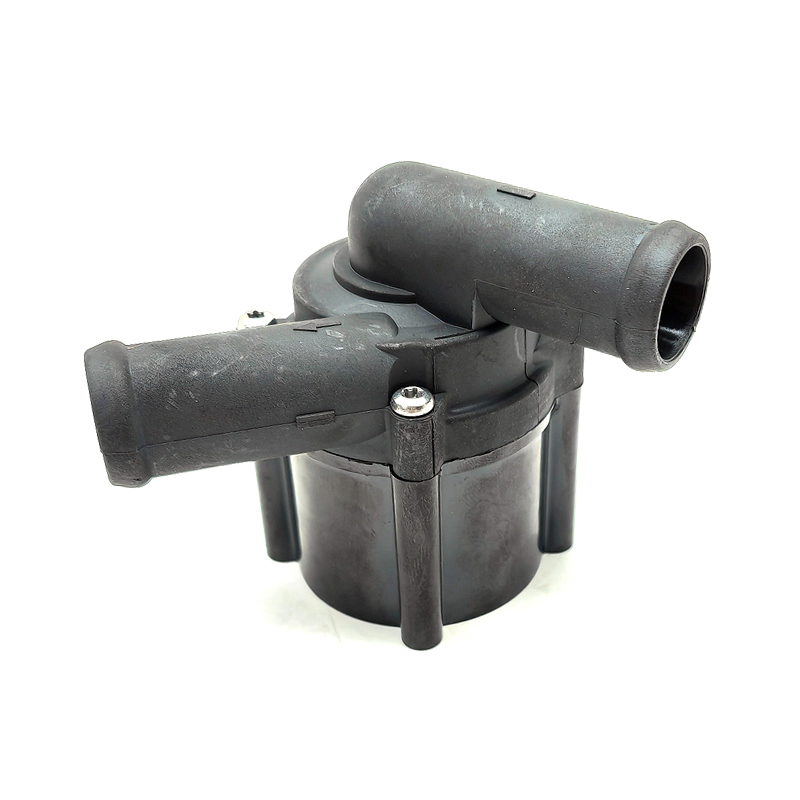 View More >>
View More >>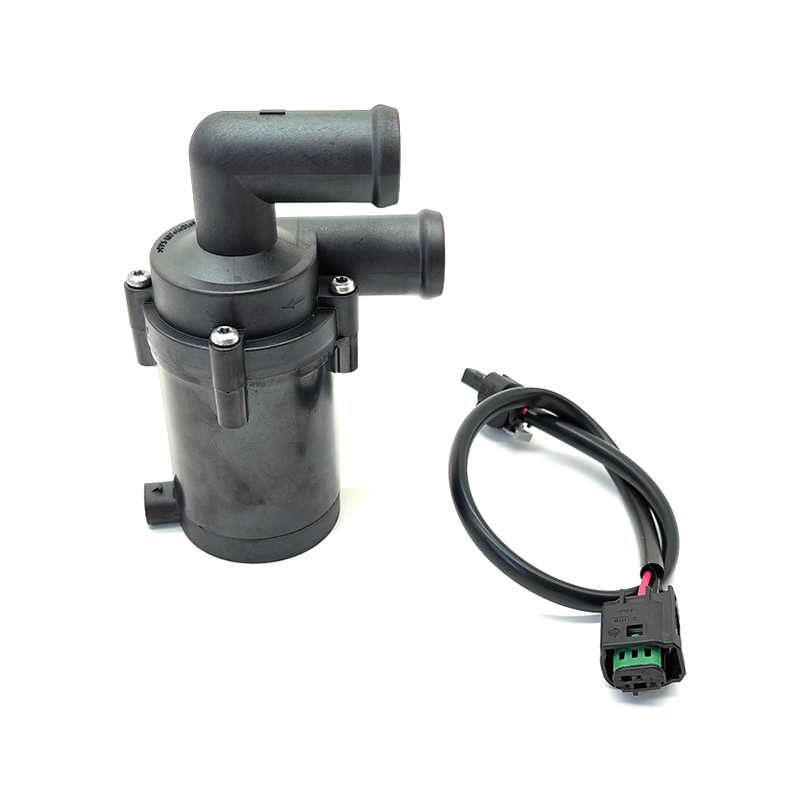 View More >>
View More >>